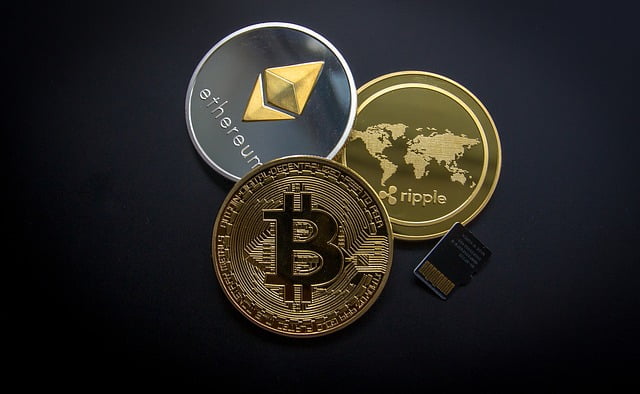Cryptocurrencies are once again on the minds of retail investors in 2021, thanks to some high-profile support from major institutions around the world as well as companies like Elon Musk’s Tesla, which recently invested $1.5 billion dollars in the digital asset. With a market cap of now over 1 trillion, Bitcoin is by far the largest and most successful coin, but there are many others on the market that a large number of investors believe in and which continue to see sustained market activity.
Whether you are already invested or are thinking about putting money into crypto assets, below are 5 tips for smart crypto investing and mitigating your risks online.
Consider a Data Center
If you are not only speculating on or holding cryptocurrencies but also trying to mine them, consider that data centers like TRG Datacenters are much better equipped to handle the computing, cooling and energy requirements of a mining operation. Data centers are also much more secure against hacking and catastrophic data loss with respect to things like natural disasters and fires. Setting up your own data center for a mining operation is costly and comes with risks that you might not be prepared or willing to take on and manage.
Hardware Wallet
A hardware wallet is a portable plugin device, usually the size of a USB stick, that functions as a portable key that you can use to access your investments from anywhere in the world. A hardware wallet is a necessary component of your investing arsenal considering some of the high-profile hacks and thefts that have occurred in the crypto world.
Cryptoassets, because they are not backed by anything physical, and because they are still unregulated and considered highly risky and uncertain by institutions and governments, are not insured. This is opposed to, say, your cash holdings, or your stocks and bonds in a trading account which, if somehow lost or stolen (subject to a number of conditions), would be guaranteed up to a certain amount. Hardware wallets keep your access information and therefore your investments safer.
Back Your Data Up
Far too many people fail to realize the importance of proper data backup. This could include cloud storage, or placing your data on a physical external hard drive. If you are an investor, you should always keep your data backed up in case of theft, hardware failure, or unforeseen loss due to natural disaster.
Having your data backed up as a crypto investor can also help you potentially retrieve funds if they are lost or stolen. If you are serious about your cryptocurrency investing, it is considered a best practice to have your data backed up on multiple devices so that all your eggs are never in one single basket.
Use a VPN
A VPN provides an additional and important layer of protection when you are buying and selling cryptocurrencies. Many people are under the impression that Bitcoin and other cryptocurrency transactions are purely anonymous. They are not. They are pseudo anonymous. The handle you use to create accounts on exchanges and trade coins is visible and, if you are not encrypting your activities while you trade, followable.
A virtual private network is a good way to protect your cryptocurrency transactions from prying eyes, whether that be cybercriminals, government agencies or hackers. There is a wide range of VPNs out there with varying features, capabilities and price points to make your crypto investing more secure and less stressful.
Spread Your Investments Out Across Wallets
There are many reasons why a crypto investor might want to spread their crypto assets out across several different wallets. Blockchain’s decentralized and intermediary-less nature are its most important revolutionary features and simultaneously what makes it potentially dangerous for investors. Blockchain shows everything to everyone, and while the identity of wallet owners is protected, the size of their holdings is not. Wallets with sizable holdings attract attention.
What’s more, because of the essentialness of the private key to accessing a wallet, and because, if you lose that key, or if someone else accidentally comes into possession it, you have lost your fortune, it makes sense that to mitigate your risks, you don’t store all of your holdings in one single wallet.
Conclusion
Cryptoassets and investing in cryptocurrencies are not for the uninformed or those without a high appetite for risk. This purely digital asset requires not only a strong understanding of the fundamentals, but strong digital literacy more broadly, including knowledge of cybersecurity and data handling best practices. Because crypto-assets are uninsured and are such attractive targets for cybercriminals, there are inherent risks to investing in crypto that don’t exist for other asset classes. However, if you keep the above considerations and tips in mind, you can mitigate and calculate these risks far better than you would otherwise be able to.





